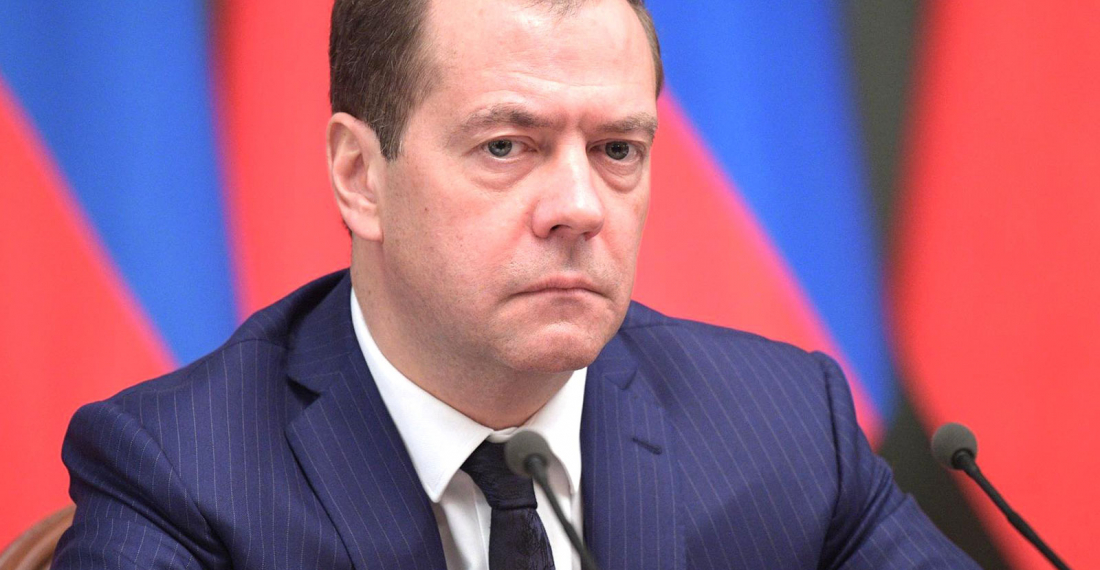The former president of Russia, Dimitri Medvedev, who currently holds the position of deputy chairman of the Russian Security Council, said in an op-ed for the Gazeta.Ru news website published on Saturday, that Russia and the Central Asian countries are threatened with a new wave of a migration crisis against the background of the situation in Afghanistan.
"Tens of thousands people had to leave their homeland in search for a peaceful life. To this day, Afghan citizens make up one of the largest groups of refugees seeking shelter in Europe. A new round of the migration crisis is also looming for Russia and the countries of Central Asia," he stated.
He added that the US and its allies "abandoned tens of thousands of Afghans who, sincerely believing in the ‘Western future,’ have been closely cooperating with NATO during all these twenty years.".
Moscow is interested in intra-Afghan differences being settled with the participation of the entire range of political forces in this country, Deputy Chairman of the Russian Security Council said.
Russian leaders in recent weeks have continued to express concerns about the situation in Afghanistan, and its possible impact on both Russia as well as other former Soviet states. Russia appears to be still undecided as to how to engage with the Taliban regime in Kabul. In the meantime Russia has bolstered its military ties with the Central Asian republics in an attempt to halt any potential increase in Islamist insurgency operations in the region.
source: commonspace.eu with gazeta.ru (Moscow) and TASS (Moscow)
photo: Dimitri Medvedev (archive picture)






